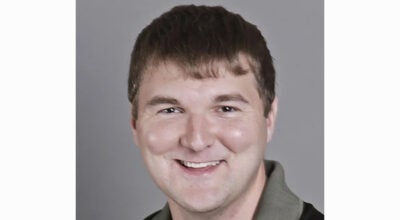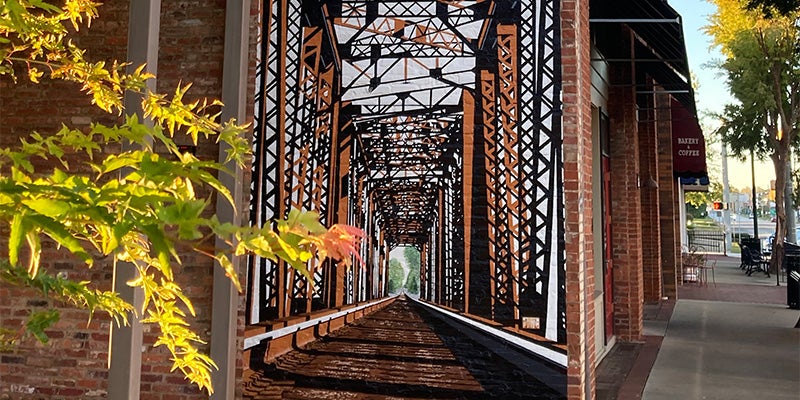What happens to the sacrifices we make when times get tough?
Published 6:55 am Wednesday, April 15, 2020
|
Getting your Trinity Audio player ready...
|
Dr. Kevin Elko, a world-renown sports psychologist who has consulted with Super Bowl winning professional football teams and now for Nick Saban at the University of Alabama, recently told this story.
Albrecht Durer and his brother, Albert, lived with their parents and 16 siblings in a tiny village near Nuremberg, Germany, back in the 16th century.
As you can imagine, times were hard, food was scarce and money was tight.
Their father worked 18-hour days to care for his family.
The two brothers wanted an education, but they knew their father would not be able to pay for it.
What to do?
They worked out a plan: they would toss a coin, and whoever won would go to Nuremburg and study at the academy, while the other one would stay behind to pay for it.
In four years, when the winner graduated, he would pay for the other one to attend the academy. In other words, their sacrifices would make each other’s education possible.
They decided to do the coin flip just after church one Sunday to see who would go first.
Albrecht won and off he went to the academy; his brother stayed behind and went to work in the coal mines to pay for it.
Albrecht became an outstanding student whose oil paintings, wood cuttings, and etchings became immediately famous.
Some of them survive to this day.
Albrecht completed his studies, returned to his little village where they held a huge feast for their favorite son.
At the end of the feast, he stood up and gave a wonderful toast to his brother who had sacrificed four years of toil to make what he had done possible and, he announced, now it was his brother’s turn to go to the academy.
When Albrecht looked up, his brother had tears streaming down his face, and was shaking his head and saying “No, no, no.”
When Albrecht went to his brother, his brother looked at him and said, “No, brother. I cannot go to Nuremberg.
It is too late for me. Look what four years in the mines have done to my hands.
The bones in every finger have been smashed at least once, and lately, I have been suffering from arthritis so badly in my right hand that I cannot even hold a glass to return your toast, much less make delicate lines on parchment or canvas with a pen or brush.
No, brother, for me it is too late.”
His sacrifice had cost him his opportunity, but his sacrifice gave us one of the greatest artists who ever lived.
Albrecht told the world the story of his brother’s sacrifices in what became his most famous painting, one you’ve all seen, called “Praying Hands.”
It is a painting of a pair of broken, arthritic hands raised in supplication to God.
It has inspired untold millions.
I cannot see it without seeing my mother’s hands, also arthritic from a lifetime spend in Lanett Mill.
The brother who stayed behind may not have become a great artist, but his sacrifice caused one of the world’s greatest pieces of art.
Know that those of you who are sacrificing to care for your brothers and sisters in this hard time — especially those of you whose sacrifices seem to go unnoticed — are creating a legacy of love and caring that will never go away.
And know that those of us who are on the receiving end of those sacrifices have a debt to repay in turn by sacrificing for someone else.



